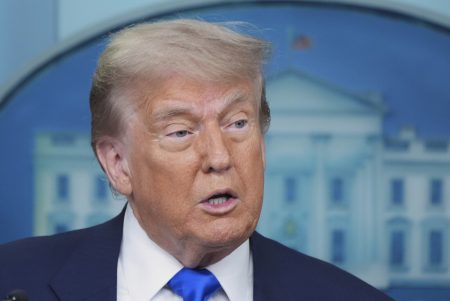Paragraph 1: Background of the US-China Tech Rivalry
The investigation into Nvidia by Chinese authorities unfolds against the backdrop of a broader, intensifying technological rivalry between the United States and China. This rivalry is rooted in concerns over national security, economic dominance, and the future of emerging technologies like artificial intelligence. The US has increasingly sought to restrict China’s access to advanced technologies, particularly in the semiconductor sector, viewing it as a strategic imperative to maintain its technological edge and prevent potential military applications. China, in turn, has been striving for technological self-sufficiency, aiming to reduce its dependence on foreign technology and build its own domestic champions. This strategic competition has created a complex and often volatile environment for multinational companies like Nvidia, which operate within the crosshairs of these competing national interests.
Paragraph 2: US Export Controls Targeting Nvidia
The US government’s restrictions on the sale of Nvidia’s most advanced chips to Chinese companies stem from concerns about their potential use in military applications, particularly in the development of advanced weapons systems and supercomputers. These export controls, implemented in recent years, specifically target high-performance computing chips crucial for AI development, an area where both the US and China are vying for leadership. The restrictions are designed to slow down China’s progress in AI and related fields, thereby maintaining the United States’ competitive advantage. These measures have significantly impacted Nvidia’s business in China, a key market for the company, and forced it to navigate a challenging regulatory landscape.
Paragraph 3: Nvidia’s Response and the Chinese Antitrust Investigation
Faced with US export controls, Nvidia has attempted to develop modified versions of its chips that comply with US regulations while still being marketable to Chinese customers. This strategy involves creating less powerful versions of its high-end chips, essentially "throttling" their performance to meet the export control thresholds. However, this approach has not been without its challenges, as it requires significant engineering effort and may not fully satisfy the demands of Chinese customers. Now, the Chinese investigation into Nvidia for potential antitrust violations adds another layer of complexity. The investigation, announced by state-owned Chinese television, raises questions about whether Nvidia’s response to US export controls may have inadvertently run afoul of Chinese competition laws.
Paragraph 4: Potential Implications of the Chinese Investigation
The Chinese investigation could have significant implications for Nvidia and the broader semiconductor industry. If found to be in violation of Chinese antitrust laws, Nvidia could face substantial fines, limitations on its operations in China, or other penalties. The investigation also creates uncertainty for other semiconductor companies operating in China, as it signals a potential willingness by Chinese authorities to use antitrust laws to address issues related to the US-China tech rivalry. The outcome of the investigation could set a precedent for future cases and influence the strategies of multinational companies seeking to navigate the complex regulatory environment between the two countries.
Paragraph 5: The Geopolitical Context and Future Outlook
The Nvidia investigation highlights the increasingly intertwined nature of technology, geopolitics, and business. As the US-China rivalry intensifies, companies operating in strategically important sectors like semiconductors are facing unprecedented challenges. The investigation could further escalate tensions between the two countries and potentially lead to retaliatory measures. It also underscores the need for clear international rules and frameworks to govern the development and application of emerging technologies, particularly in sensitive areas like AI and high-performance computing.
Paragraph 6: Broader Industry Impacts and the Need for Global Cooperation
The ongoing tech rivalry between the US and China has far-reaching implications for the global semiconductor industry and the broader technological landscape. It is creating a fragmented market, with companies forced to navigate conflicting regulations and potentially choose sides. This fragmentation could hamper innovation and slow down the development of critical technologies. In the long run, fostering greater international cooperation and establishing clear, globally accepted standards for technology development and trade will be crucial to ensure a stable and predictable environment for businesses and promote continued technological advancement. The Nvidia investigation serves as a stark reminder of the challenges ahead and the urgent need for collaborative solutions.














